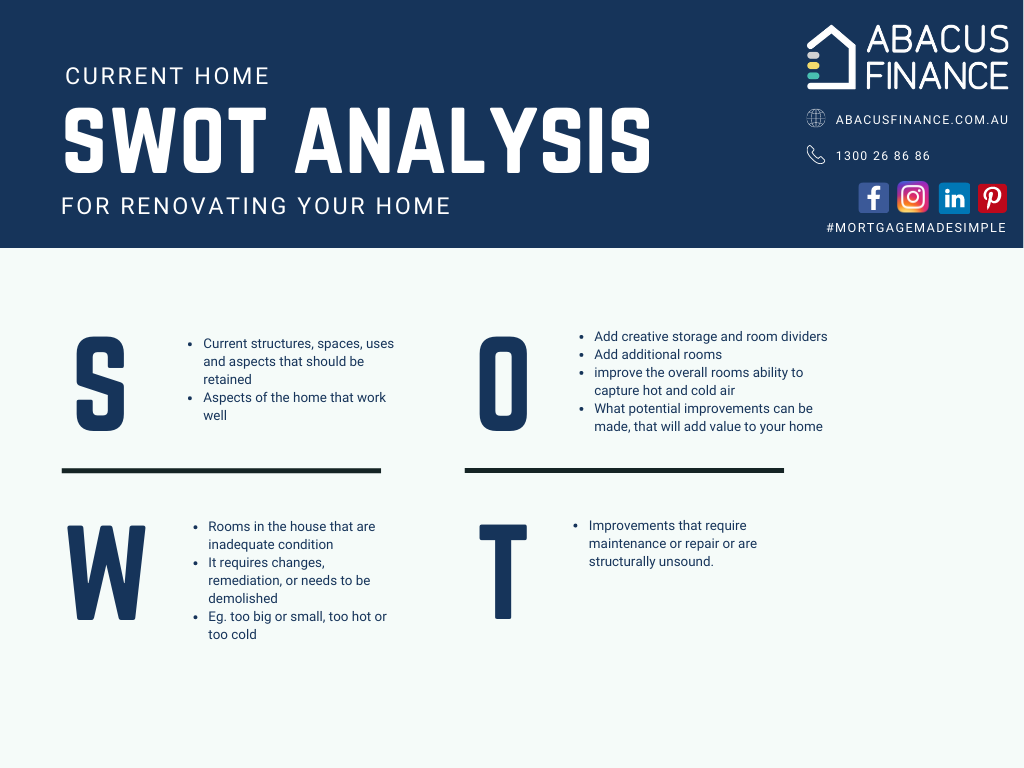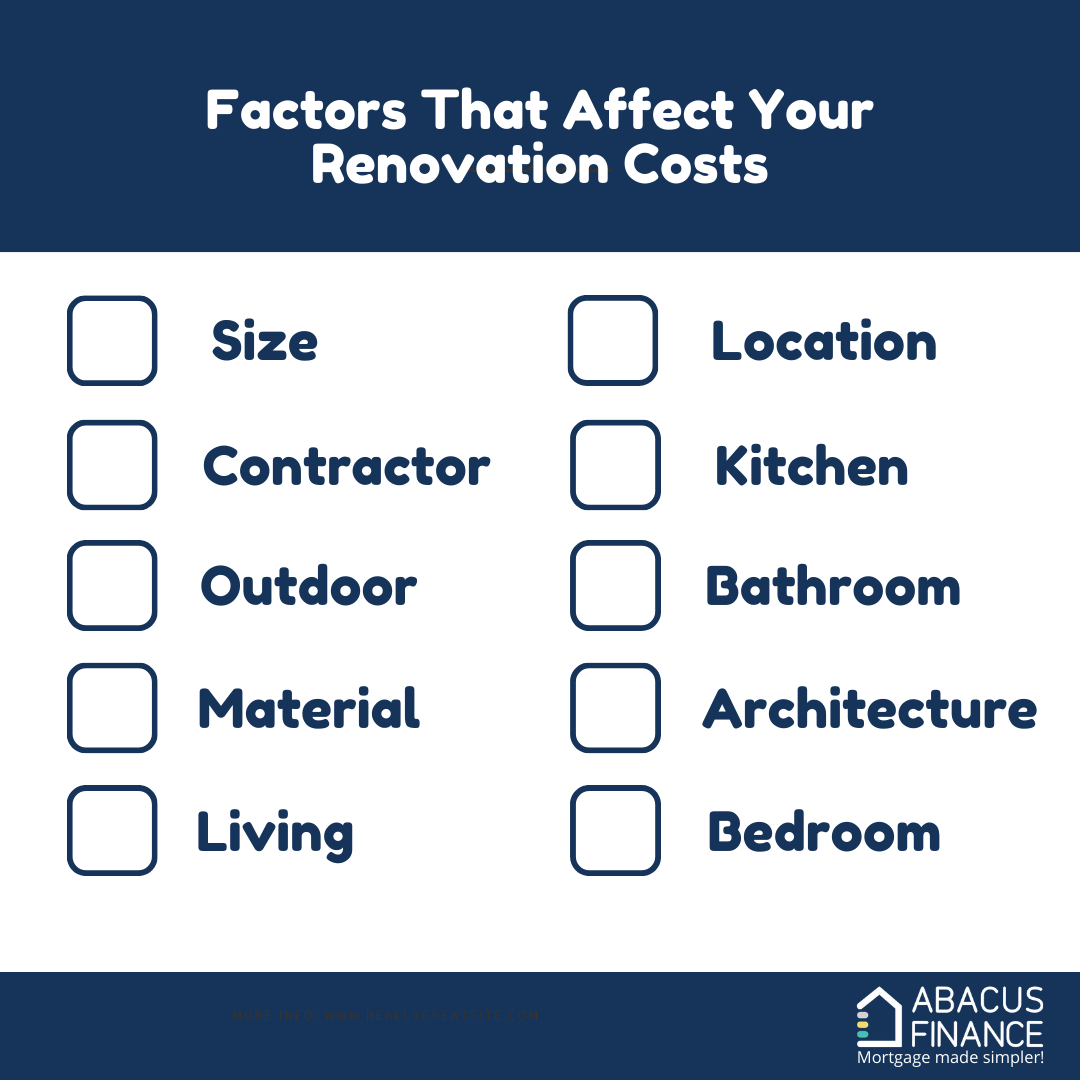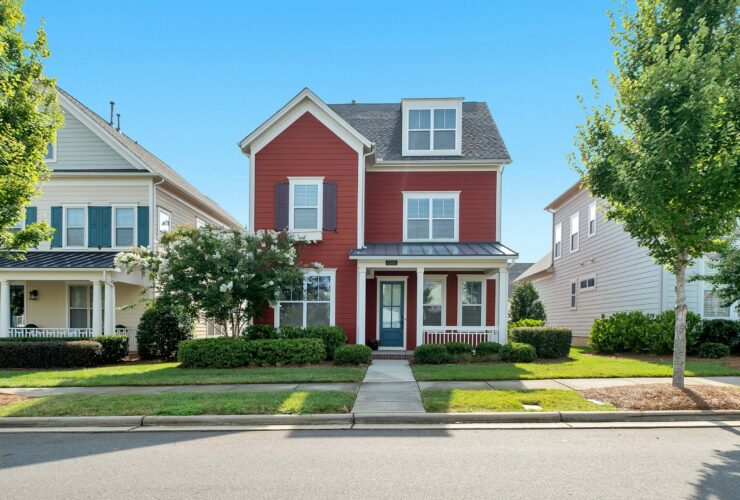How to plan for your current and future renovation project
There’s so much excitement when renovation plans are on the table. Whether you’re planning on renovating for profit or are aiming to transform your house into the home of your dreams. One thing is for sure – renovating can be a stressful project.
Contents List
1. Plan for the future, not the present
2. It’s not just about the money
4. Reassess what you already have
Here are 5 effective ways to help kick start your renovation project.
1. Plan for the future, not the present
One of the most common things homeowners overlook when renovating is simply thinking about the current improvements that are needed to be made.
It’s best to make changes that are future proof for any lifestyle changes along the way.
For example, if you hope to start a family soon or unsure if you want to remain in your neighbour for the future, assess whether this investment is worthwhile for you.
2. It’s not just about the money
It should be a given that money will be a part of the renovation process, but also time is another essential consideration.
Managing your renovation project will involve a lot of time liaising between your contractors and suppliers, additionally providing access to your home for review.
Time flies when you’re having fun, especially when you’re searching the internet far and wide for design inspirations.
Remember Council standards and regulations are another consideration to keep in mind.
Every council have their types of approvals, so it’s recommended to check them before you begin your project. This applies to heritage listings, which have strict regulation on what can and cannot be renovated.
3. Research is key
When it comes to renovating your home, there is a lot to consider and plenty of information out there for you to absorb. From the overall aesthetics to the features of your project and the types of contractors involved.
Tip: Ask your family and friends for recommendations about your renovation plans. This can help to make a more decisive decision before you pick your contractors and suppliers.
4. Reassess what you already have
To identify the most cost-effective improvements, conduct a swot analysis of your current home with your designer. This will help assist with your previous research and allow you to understand which improvements to prioritise

5. Budget project costs

Size
Renovating different rooms will vary in costs depending on the size of the room and what you’re upgrading.
Materials
The cost of materials will vary depending on the purpose of your renovation and the durability you are looking for.
Location
The labour costs and wages for your renovators will vary depending on the location and state you’re looking in.
Contractor
The cost for a contractor will vary depending on their experience and reputation.
Kitchen
The average cost to renovate a kitchen can cost up to an average of $10,000 – 45,000. Depending on the size of the project.
Bathroom
The average cost of a bathroom renovation is $1000 – 35,000. Depending on the size of the project.
Living room
The average cost to renovate a kitchen can cost an average of $10,000-15,000 depending on the size of the project.
Outdoor Area
Detailed landscaping scaping and simple grass renovations can cost an average of $2000 – $10,000.
Bedroom
Renovating your bedroom can be a cheap or expensive project. On average costing up to $2000-$35,000.
Architect
An architect helps to offer reassurance and in the long run can save you money, as their expertise should lead to a cost-effective design.
Abacus Finance can get you there
For more help on how refinancing can help you save for your renovation project, speak to your local Abacus Finance mortgage broker about whether refinancing could be an option for you.




